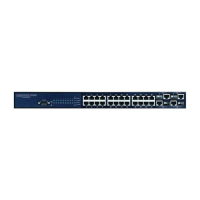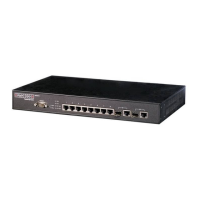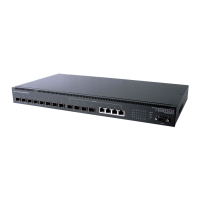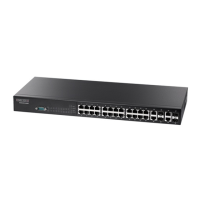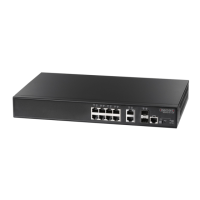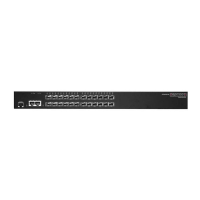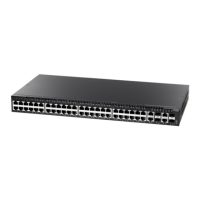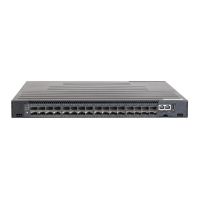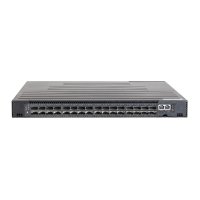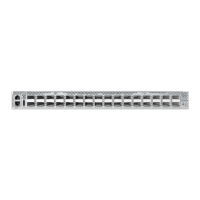– 69 –
1 INTRODUCTION
This switch provides a broad range of features for Layer 2 switching. It
includes a management agent that allows you to configure the features
listed in this manual. The default configuration can be used for most of the
features provided by this switch. However, there are many options that you
should configure to maximize the switch’s performance for your particular
network environment.
KEY FEATURES
Table 1: Key Features
Feature Description
Configuration Backup
and Restore
Using management station or FTP/TFTP server
Authentication Console, Telnet, web – user name/password, RADIUS, TACACS+
Port – IEEE 802.1X, MAC address filtering
SNMP v1/2c - Community strings
SNMP version 3 – MD5 or SHA password
Tel net – SS H
Web – HTTPS
General Security
Measures
AAA
ARP Inspection
DHCP Snooping (with Option 82 relay information)
IP Source Guard
PPPoE Intermediate Agent
Port Authentication – IEEE 802.1X
Port Security – MAC address filtering
Access Control Lists Supports up to 512 standard rules or 256 extended rules, 64 ACLs,
and a maximum of 64 rules for an ACL
DHCP/DHCPv6 Client
DNS Client and Proxy service
Port Configuration Speed, duplex mode, and flow control
Port Trunking Supports up to 12 trunks – static or dynamic trunking (LACP)
Port Mirroring 27 sessions, one or more source ports to one analysis port
Congestion Control Rate Limiting
Throttling for broadcast, multicast, unknown unicast storms
Random Early Detection
Address Table 16K MAC addresses in the forwarding table, 1K static MAC
addresses, 256 L2 multicast groups
IP Version 4 and 6 Supports IPv4 and IPv6 addressing, and management
IEEE 802.1D Bridge Supports dynamic data switching and addresses learning
